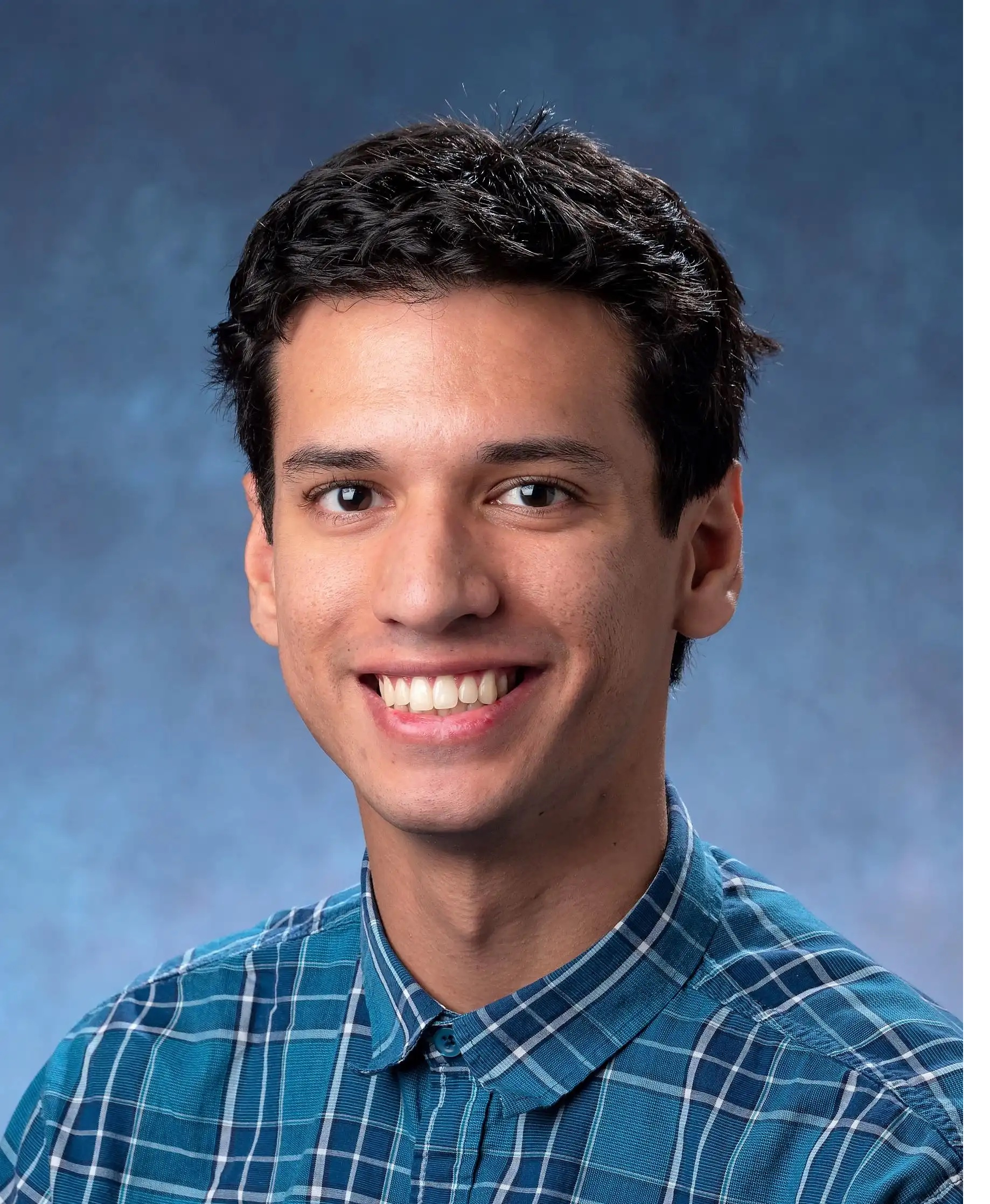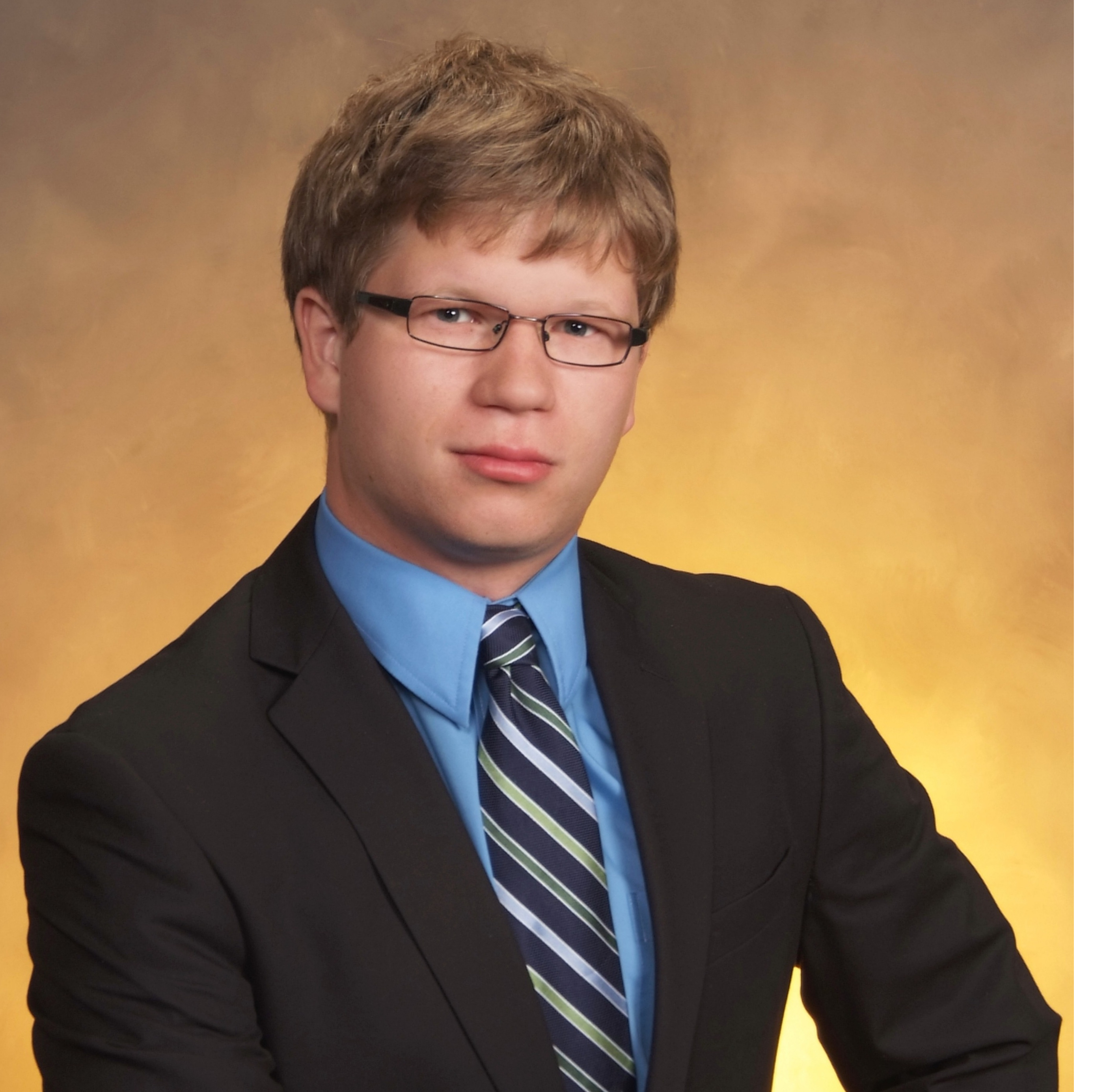ACSOS In Practice
Building on the success of last year’s ACSOS in Practice talks, the 4th IEEE International Conference on Autonomic Computing and Self-Organizing Systems (ACSOS) 2023 is excited to host a panel discussion focusing on autonomous robotic systems designed to utilize swarming as a coordination approach. In assembling this panel, we hope to attract experts from diverse fields who have been working on the development and implementation of swarm robotics in various applications.
Swarm robotics, a subfield of robotics, emphasizes the use of numerous simple robots to collaboratively solve complex tasks by employing swarm intelligence principles inspired by social insects like ants, bees, and termites. These systems are specifically designed to leverage self-* properties such as self-awareness, self-adaptation, and self-organization to improve their robustness, scalability, and adaptability in dynamic environments. Swarm robotic systems are finding applications in areas like search and rescue, environmental monitoring, agriculture, transportation, and collective construction.
Within our panel discussion, we hope to provide a view into the current state of swarm robotics systems in practice, including their role in cyber-physical systems, next-generation industry, and social and hybrid systems. The panelists will share valuable insights into how swarm robotics systems are shaping the future of autonomic computing and self-organizing systems.
Join us for this thought-provoking panel discussion and contribute to the ongoing dialogue surrounding the advancements and challenges of swarm robotics.
Wed 27 SepDisplayed time zone: Eastern Time (US & Canada) change
15:30 - 16:30 | ACSOS In PracticeACSOS In Practice at Convention Centre (C2) Chair(s): David King Air Force Institute of Technology | ||
15:30 60mPanel | In Practice Panel ACSOS In Practice André Antunes de Sá Kayhan Space, Brian Kempa NASA Ames Research Center, Sven Brueckner RationalSwarms, LLC | ||
Panelists
The ACSOS In Practice panel will consist of the following speakers:
André Antunes de Sá

Biography: André is the astrodynamics lead at Kayhan Space, where he works on making spaceflight safer by building next generation autonomous spaceflight capabilities. He holds a Ph.D. in Aerospace Engineering from the University of Colorado, Boulder, and was a recipient of a NASA Earth and Space Science Fellowship. His Ph.D. research focused on energetic intra-cloud lightning in thunderstorms, where he employed data assimilation techniques he originally discovered while working with satellite orbit and attitude determination. André has delivered successful engineering solutions to a wide range of both ground and space missions. Currently, his main research focuses on coordinated collision avoidance maneuvering for spacecraft. Prior to his position at Kayhan, he performed field research and data post-processing for the RELAMPAGO field campaign, led part of the development of the Challenger QB50 CubeSat’s Attitude Determination and Control Subsystem (ADCS), and collaborated on project formulation and systems engineering tasks for the NASA-funded AEPEX CubeSat concept development.
Affiliation: Kayhan Space is on a mission to bring next-generation automation to satellite operations and spaceflight safety.
Brian Kempa

Biography: Brian is an aerospace engineer in the Intelligent Systems Division at NASA’s Ames Research Center, where he applies a decade of spacecraft systems experience to flight software development for the Distributed Spacecraft Autonomy, VIPER lunar rover, and ISSAC/Astrobee missions as well as his research in distributed autonomous robotics. His career began with microsatellite development, testing, and operations at The Aerospace Corporation before joining NASA in 2018. Brian has a bachelor’s and a Master’s degree in Aerospace Engineering from Iowa State University and is pursuing a Ph.D. in Aerospace and Computer Engineering, studying spaceflight-certifiable runtime verification.
Affiliation: The NASA Ames Intelligent Systems Division provides leadership in information technologies by conducting mission-driven, user-centered computational sciences research, developing and demonstrating innovative technologies, and transferring these new capabilities to NASA missions.
Sven Brueckner

Biography: Dr. Sven A. Brueckner is a technology visionary with over two decades of experience in applying artificial intelligence and swarm intelligence to solve real-world challenges. He currently serves as a Scientific Consultant for EchelonAI, where he is actively involved in the development of intelligent drone swarms designed to adapt to dynamic environments for commercial and public safety applications. Dr. Brueckner has been instrumental in pioneering decentralized architectures for human and machine swarms, emphasizing the use of self-organizing systems for robust, scalable, and adaptable solutions. His career spans various sectors, including cybersecurity, data science, and autonomous systems, where he has led interdisciplinary teams to develop cutting-edge technologies. A thought leader in the field, Dr. Brueckner has numerous publications and patents to his name and is recognized for his contributions to advancing the state of autonomic computing and self-organizing systems.
Affiliation: EchelonAI leads the frontier in drone technology by focusing on mission-critical, user-centric AI solutions. We develop and demonstrate advanced AI algorithms that empower drone operators with swarming capabilities, enabling real-time collaboration and dynamic adaptability to changing environments and objectives. Our commitment to innovation is shaping the future of safety, operational efficiency, and new possibilities in drone technology.